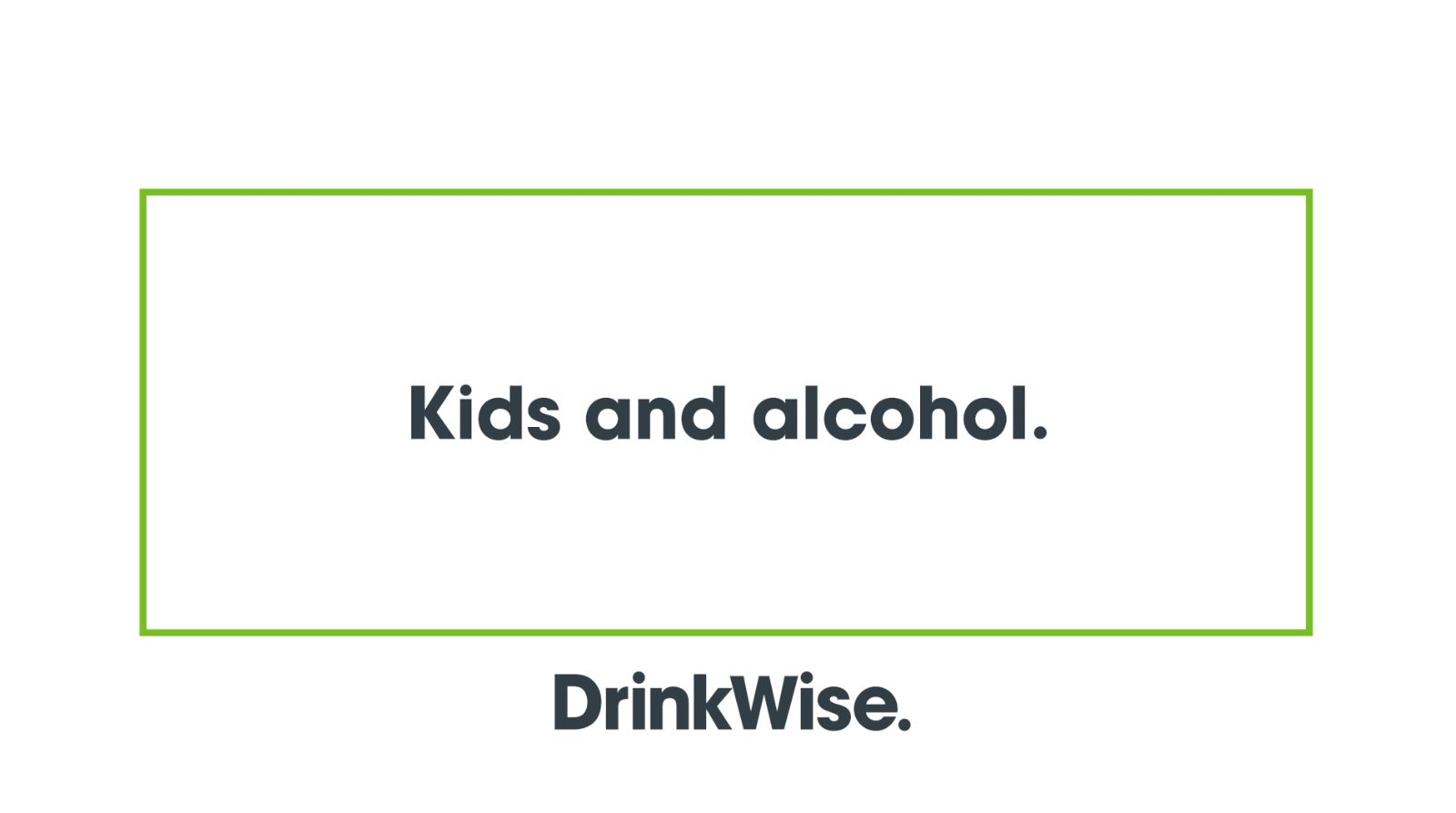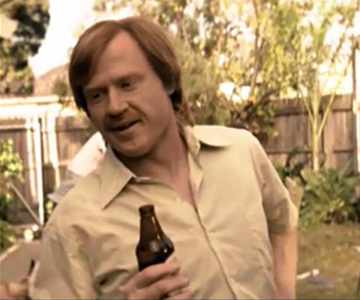Binge drinking and your underage teen

Binge drinking receives a great deal of media attention. There’s no denying that there are some young people who drink in risky ways but it is important to remember that underage drinking is not the norm, with the majority of teenagers who are trying their best to keep themselves and their friends as safe as possible by not drinking.
Your teenager may be in the minority who are drinking alcohol and/or getting drunk. If so, there could be other factors at play, such as:
- other influences in their lives, such as their peers, older siblings or relatives
- problems that you’re unaware of, such as with your teen’s relationships, education or mental health
- anxiety often contributes to people – teens and adults alike – using alcohol as a ‘social lubricant’.
Don’t be afraid to ask your child tough questions about drinking alcohol. Be sure to listen when they ask hard questions of you, as well.
You can find helpful tips to talk to your teen about alcohol right here on the DrinkWise website.
You can also seek professional help from a GP. They can also provide a referral for health professionals with expertise in the area.
Dealing with a drunken teen
If your teen comes home intoxicated, there are ways to work through this problem quickly. As a parent, it is important to manage the situation appropriately. It’s normal to feel disappointed, but it’s also not the time to overreact.
Raise the issue with them calmly and rationally:
- Look after them first and foremost, letting them know you’ll talk to them the next morning. You can take this time to feel calmer, and they may be more likely to hear and be engaged in a discussion.
- Let them know that you are concerned about their actions, and that you’d like to talk.
- Explain the range of risks involved with drinking. They may not agree with you, but they need to understand where you are coming from and why you are concerned. And that it’s okay to disagree about some things.
- Try to find out what has led to this incident – it may not be ‘just a stage’. Different factors may lead your child to drink underage, such as peer pressure, boredom, curiosity, low or anxious mood. Talking about these factors may be difficult for you and your teen. If they speak to you about any issues they may be having, be sure to listen without jumping in and giving advice too soon.
- Be firm and decisive in what to do next — set clear boundaries and outline your expectations.
- You and your teen can seek help from your GP or health professional if you are worried that drinking is becoming a regular behaviour for them.
- Most importantly, make sure your teen knows you will always be there for them, and that they can call you if they run into trouble, whatever happens and at whatever time.
Delaying the introduction of alcohol until your child is an adult starts at home – it’s one of the most important things you can do as a parent.
Parents should make the smart choice and just say no to supplying their underage teenagers with alcohol.
Dr Michael Carr-Gregg
More information
The following resources may help you plan to have a conversation about alcohol with your teenager:



 Audio
Audio Video
Video



